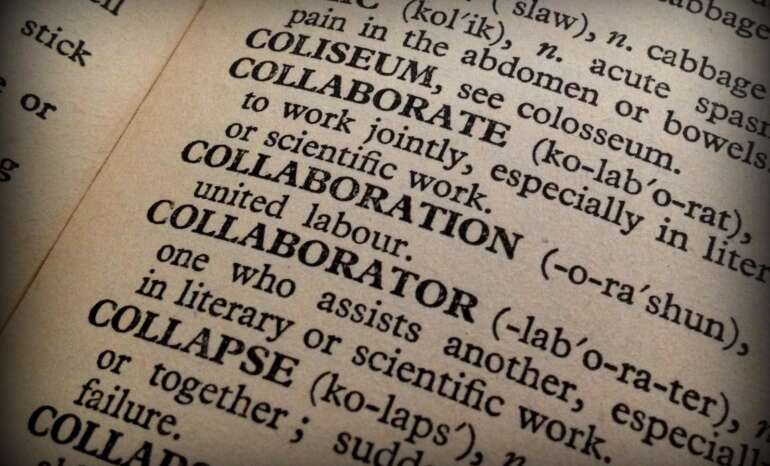Even though sending a single belonging cue can be huge, we can’t just give cues once and expect the safety to magically appear. We need to keep sending belonging cues and continually feed the relationship with “you are valued” signals.


Even though sending a single belonging cue can be huge, we can’t just give cues once and expect the safety to magically appear. We need to keep sending belonging cues and continually feed the relationship with “you are valued” signals.

How would the people in your office, business or team label their working relationships – as a working relationship or a colleague, or would they use a deeper more personal term like friendship or family?

If we want to create safe environments, we must first model the behavior we want from others.

Take at least 30 minutes a day for just you. Find an activity that is life giving and guard that daily time valiantly. On the weekend, spend at least two hours all to yourself doing something you enjoy.

Recent studies have shown that 95% of adults need seven to eight hours of sleep a night. A decrease in sleep leads to chronic fatigue and mental exhaustion.

Technology – our phones and mobile devices, in particular – has given us the false promise of being more flexible in our jobs, but the opposite is true.

How can you better manage your day so that you can allow time to rest and thus stay on your game?

If your work defines who you are, when you cease to work, then you cease to exist.

Do you feel like sometimes you have been forced into a corner of rising expectations and demands? Last week, we talked about why rest is so important. Alex Soojung-Kim Pang, author of Rest, believes, “When we take the right to rest and practice rest we make our lives richer and more fulfilling.” I would agree. Of all of my life…

When practiced well, rest can make us more productive, creative and focused both in our professional and private lives.